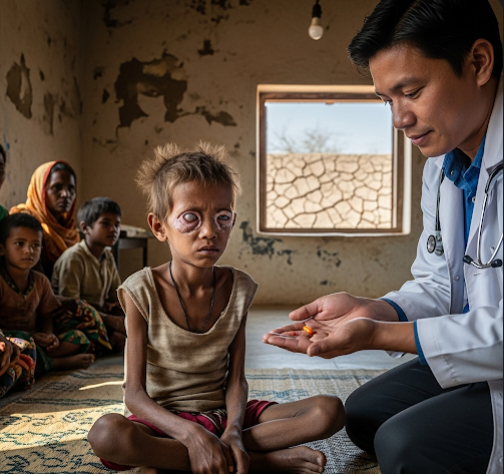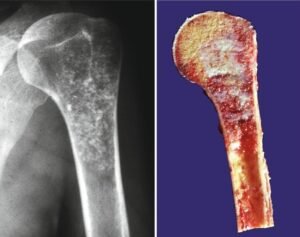Overview
Vitamin A deficiency is a condition caused by inadequate intake or absorption of vitamin A, an essential nutrient for vision, immune function, and skin health. It is a major cause of preventable blindness worldwide and increases the risk of infectious diseases, especially in children and pregnant women. South Korea provides comprehensive nutritional programs and medical treatments to diagnose and manage vitamin A deficiency effectively.
What is Vitamin A Deficiency?
Vitamin A deficiency occurs when the body lacks sufficient vitamin A to maintain normal physiological functions. This deficiency affects the eyes, immune system, and epithelial tissues. It can result from poor dietary intake, malabsorption disorders, or increased nutritional needs during illness or pregnancy.
Symptoms
- Night blindness or difficulty seeing in low light
- Dryness of the eyes (xerophthalmia)
- Bitot’s spots (foamy white patches on the eyes)
- Frequent infections due to weakened immunity
- Dry, rough skin
- Delayed growth and development in children
- In severe cases, complete blindness
Causes
- Insufficient dietary intake of vitamin A-rich foods (e.g., liver, dairy, carrots)
- Malabsorption disorders such as celiac disease, Crohn’s disease, or pancreatic insufficiency
- Increased requirements during pregnancy, lactation, or infection
- Chronic illnesses that impair vitamin absorption or storage
Risk Factors
- Malnutrition and poverty
- Infants and young children, especially in developing countries
- Pregnant and breastfeeding women
- Individuals with gastrointestinal disorders
- Poor dietary habits lacking in fruits, vegetables, and animal products
Complications
- Permanent blindness if untreated
- Increased susceptibility to infections such as measles and respiratory infections
- Delayed growth in children
- Increased mortality risk in young children and pregnant women
Prevention
- Ensuring a balanced diet rich in vitamin A sources such as liver, dairy products, and orange or green leafy vegetables
- Vitamin A supplementation programs for high-risk groups
- Promoting breastfeeding to provide infants with vitamin A
- Public health education on nutrition
- Treatment of underlying malabsorption conditions
Treatment Options in Korea
South Korea offers effective diagnosis and treatment for vitamin A deficiency:
- Vitamin A supplementation – Oral or injectable forms to rapidly restore levels
- Dietary counseling – Guidance on incorporating vitamin A-rich foods into the diet
- Management of underlying conditions – Treating gastrointestinal or metabolic disorders affecting absorption
- Regular screening – For at-risk populations such as children and pregnant women
- Public health initiatives – Nutrition programs and education to prevent deficiency













